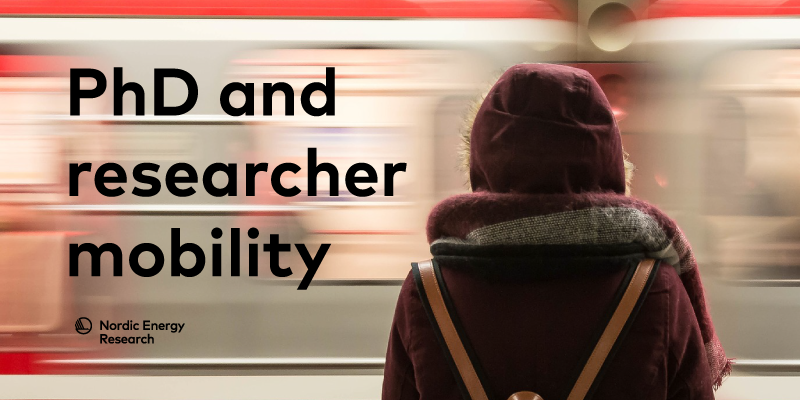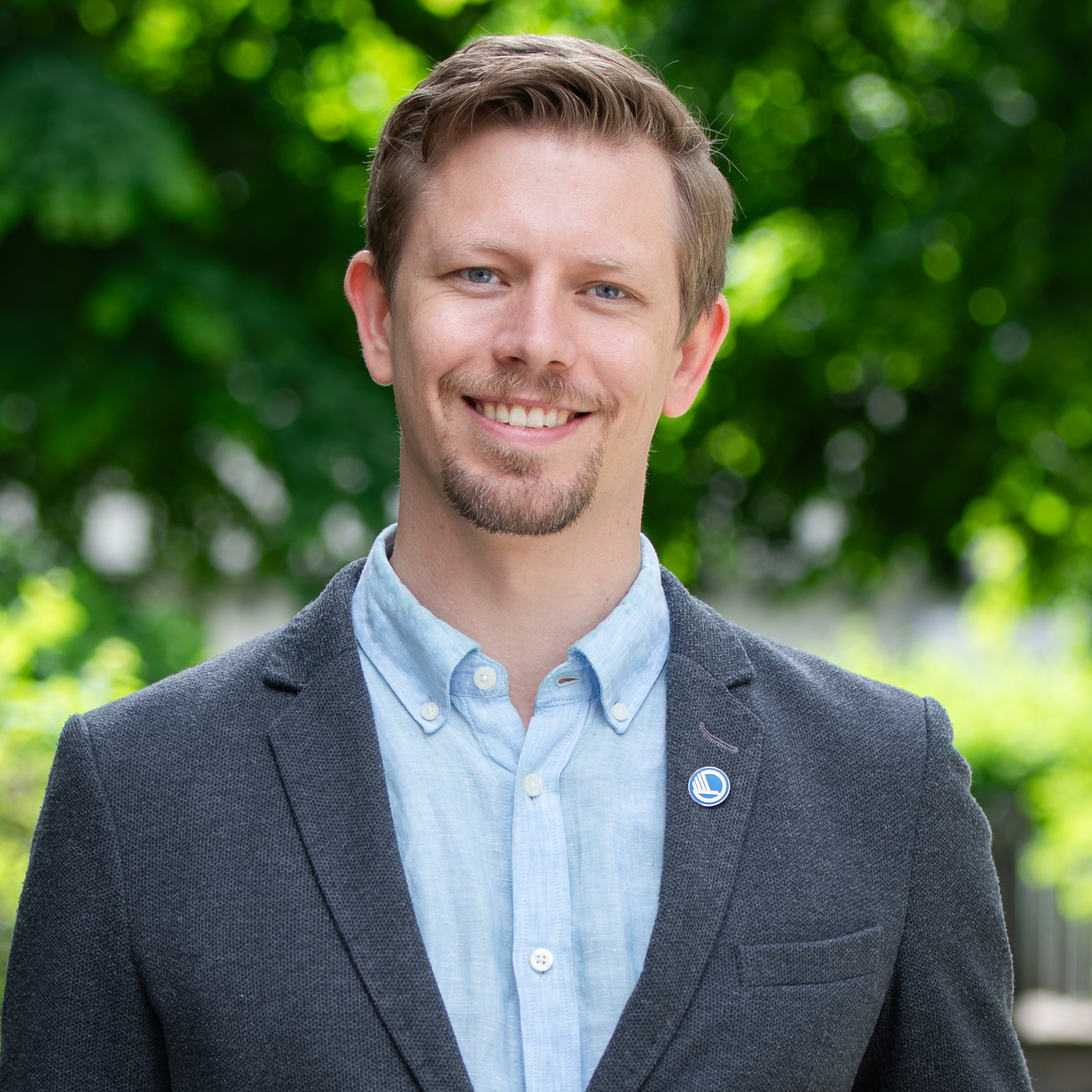
Four new PhD and researcher mobility projects begin in 2022
The third round of calls for The Nordic or Nordic-Baltic PhD and Researcher Mobility Programme has now been completed
The third round of calls for The Nordic or Nordic-Baltic PhD and Researcher Mobility Programme has now been completed. The following four projects receive funding:
- Nordic Network on Energy System Integration and Sustainable Transport (NordNET)
- Control and monitoring of power system under the discontinuous stochasticity of electric vehicle demand
- Nordic Network in Solid Fuels towards Future Energy Systems
- Experimental and Modeling Investigation of Bio and Thermochemical Conversion of Biomass to Electricity

Project 1: Nordic Network on Energy System Integration and Sustainable Transport
The NordNET project focuses on the energy transition, transport modeling, energy market modeling, and the coupling thereof. The project brings together world-class education and research groups from higher education institutions in Denmark, Finland, Norway, and Sweden. The added value of the network is to create a forum, where experts in co-operation develop og exchange knowledge. The project team brings together interdisciplinary experience from energy sector modeling, energy system modeling, transport modelling, electrical engineering, and economics.
The project is strongly connected to the Copenhagen School for Energy Infrastructure (CSEI) at CBS, the FME Norwegian Centre for Energy Transition Strategies (NTRANS), and NTNU Energy Transition Strategies.
Project 2: Control and monitoring of power system under the discontinuous stochasticity of electric vehicle demand
Electric vehicles play a key role in the green transition in transport. However, the increase in the demand for electric vehicles poses new challenges for a stable operation of the power system.
Therefore, it is of great importance to develop control strategies to mitigate the negative impact of demand for electric vehicles.
The modelling method for power system under the discontinuous stochasticity of electric vehicles demand was proposed at the Tallinn University of Technology, while the technology for distribution system monitoring was developed at the Technical University of Denmark.
This project aims to facilitate collaboration between the two institutions to tackle the negative impact of demand for electric vehicles by developing advanced control strategies based on the available data from the distribution system’s monitoring system.
The project owner is Tallinn University of Technology, while the Technical University of Denmark (DTU) is project partner.
Project 3: Nordic Network in Solid Fuels towards Future Energy Systems
The Nordic Network in Solid Fuels towards Future Energy Systems aims to develop a strong network among researchers and PhD students in three leading Nordic research groups working with solid fuels.
The project focuses on maximizing the co-operation between researchers and PhD students to identify and address challenges related to the use of solid fuels in processes that are of future importance, including Chemical Looping Combustion and Pulverized Biomass Combustion. The network will be further extended through a workshop involving participants from industry and educational institutions in Nordic countries to identify common challenges and interests and to facilitate further co-operation.
The project owner is Technical University of Denmark (DTU), and the project partners are Chalmers University of Technology and Åbo Akademi University.
Project 4: Experimental and Modeling Investigation of Bio and Thermochemical Conversion of Biomass to Electricity
In contrast to continuously increasing global energy demand, resource availability is declining. Maximizing resource utilization is therefore an important consideration in today’s energy economy. Biorefineries, which deal with the conversion of biogenic materials into power, heat, fuels and value-added products, are a concept that not only maximizes resource use, but also provides a valuable solution to waste disposal challenges.
In accordance with above, the current project is a part of an existing integrated biorefinery PhD project and aims to assess two major biomass conversion processes, where one process deals with forest residue gasification for bioelectricity and the other process is based on anaerobic degradation of organic fraction of municipal solid waste to bioelectricity.
The project involves three PhD students and a Postdoc from Norway and Estonia, who will perform various experimental and computational modeling activities through mutual research visits and exchange of achieved results to boost own research projects as well as to meet objectives of the current proposal.
The project owner is the Norwegian University of Science and Technology, while Estonian University of Life Sciences (EMU) and Tallin University of Technology (TalTech) are project partners.
About the programme
The Nordic or Nordic-Baltic PhD and Researcher Mobility Programme offer support for Nordic or Nordic-Baltic PhD and researcher mobility in the following key areas: digitization, development of the electricity market, energy storage, transport, bioenergy and CCUS.
With this programme, Nordic Energy Research hope to concretise the co-operation within energy research between universities and institutions in Nordic and Nordic-Baltic regions through mobility and networking grants. Read more on the programme page.
Evaluation process
Nordic Energy Research received seven applications. All applications were considered for further evaluation by a group of international experts who rank the projects on a basis of a set of assessment criteria. Of the seven applications, four received a score of good or better and have therefore received funding following a decision from Nordic Energy Research.

